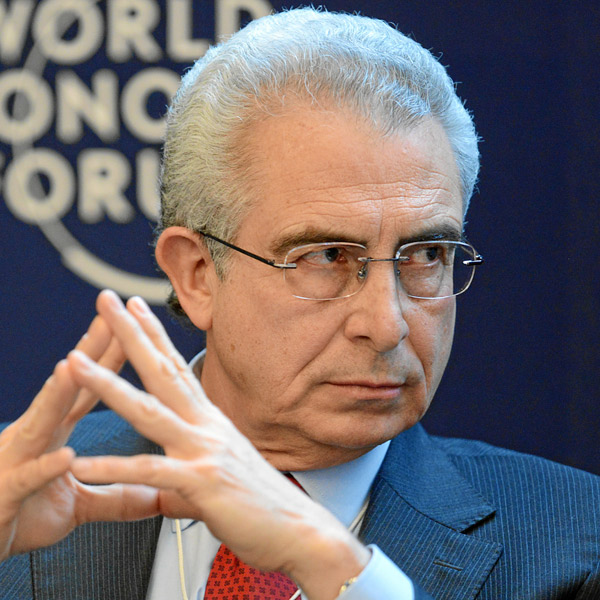Elected President of Mexico in 1994, he successfully enacted bold reforms to address the major financial and economic crisis that faced his administration. From 1996 to 2000, Mexico experienced a five-year period of the highest rates of GDP growth in the country’s recent history. At the same time, his government made strong commitments to social justice by increasing its spending on social programmes year after year.
His administration also launched PROGRESA, the first ‘conditional cash transfer’ social programme, following extensive research on the best methods to fight extreme poverty. As part of this, poor families received financial support on the condition that children attend school and receive preventative medical care. The initiative reached millions of families and has since been replicated in more than 40 countries throughout the world.
Ernesto Zedillo undertook profound democratic reforms – transparency and independence of the electoral institution, fair campaign finance and guaranteed access to media, and an electoral tribunal within the judiciary to solve electoral controversies – paving the way for a robust multi-party democracy in Mexico. He pursued and achieved full independence for the Mexican Federal Judiciary, and appointed a leader of the opposition as Attorney General of the Nation.
Since leaving office, Ernesto Zedillo has worked, both at Yale and as member of a number of international panels and commissions, to find solutions to some of the greatest challenges facing the global community. He serves on the Global Commission on Drug Policy, chaired by his fellow Elder, Fernando Henrique Cardoso, which calls for a vast rethinking of the ‘global war on drugs’ debate and proposes better regulation to end the criminalisation and marginalisation of drug users. He co-chaired the Latin American Initiative on Drugs and Democracy and, based on work at the Yale Center for the Study of Globalization, published an edited volume: Rethinking the War on Drugs through the US-Mexico Prism (2012).
His work on nuclear non-proliferation includes serving on the International Commission on Nuclear Non-proliferation and Disarmament, which released its final report, Eliminating Nuclear Threats: A Practical Agenda for Global Policymakers in 2009. In 2007, he was appointed to chair a commission to recommend the future course of the International Atomic Energy Agency, the UN body promoting the peaceful use of nuclear energy. He has also worked on a number of initiatives focused on climate change mitigation and, in 2008, published an edited volume, Global Warming: Looking Beyond Kyoto.
Ernesto Zedillo is Director of the Center for the Study of Globalization at Yale University, where he has taught Trade Theory and Policy, Debating Globalization and The Economic Evolution and Challenges of the Latin American and Caribbean Countries.He has participated in many initiatives to improve the world’s ability to design and implement development policy, notably as:
- Vice-Chair of the Global Commission on Elections, Democracy and Security, 2010-2012
- Chair of the High Level Commission on Modernisation of World Bank Group Governance, which published its recommendations in 2009
- Chair of the Global Development Network, an organisation working with developing country researchers and institutes to support their work, 2005-2011
- Chair of the UN High Level Panel on Financing for Development in 2001

